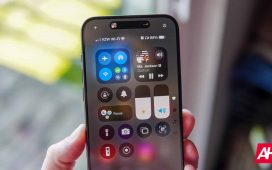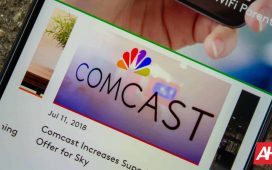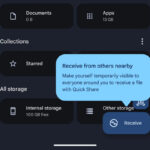The latest details are in with regard to Google‘s case against Epic over the Play Store, and Judge Donato has ruled that Google must allow rival third-party app stores to exist within it.
This case has been ongoing for over a few years now with the original lawsuit brought by Epic back in 2020. Just this week, Donato gave the final ruling. What this means going forward is that Google must allow developers to list their third-party app stores in Google Play as an alternative option for installing apps. It’s a particularly big win for Epic, as it can now offer the Epic Games Store within Google Play as a means for users to download Android games outside of Google Play.
It could also impact options like Amazon’s App Store. Up until now, the Amazon App Store has been available strictly as a sideload option. However, it may eventually be able to list the Amazon App Store within Google Play following these new rules. The Epic case against Google mostly stems from Google doing everything in its power to head off competition, securing its place in the market. These claims, initially made by Epic in the lawsuit from a few years ago, resulted in Judge Donato ruling that the Play Store is a monopoly.
Epic argued that Google employed special tactics like offering manufacturers deals to exclusively offer the Play Store on their devices. Judge Donato agreed, leading to that verdict last December. Under the new rules, Google will also no longer be able to make such deals.
Rival app stores must be allowed within the Play Store for three years
As part of Judge Donato’s final ruling, Google must allow developers to list their third-party rival app stores within the Play Store for a period of three years. Epic had originally requested this period of time be for six years. However, Donato ruled for half that time, stating that “the provisions are designed to level the playing field for the entry and growth of rivals, without burdening Google excessively. As competition comes into play and the network effects that Google Play unfairly enjoys are abated, Google should not be unduly constrained as a competitor.”
Google will also have to stop requiring developers to use Play Store billing for transactions. As such, developers will be able to tell their users about alternative methods to pay for apps or in-app purchases. Additionally, developers will now be able to link to other ways to download their apps outside of Google’s Play Store and determine what the price of their apps should be.
Google can no longer offer money or perks for Play Store exclusivity
In addition to allowing third-party app stores in the Play Store, Google can also no longer offer those special deals to manufacturers and developers. Part of Epic’s lawsuit brought to light that Google was offering incentive packages to stifle competition. This consisted of offering money or perks to developers to only list their apps on the Play Store. Google was doing something similar with device manufacturers to not offer rival app stores on their devices.
Google will have to change these things going forward. However, the changes won’t be immediate. Donato says Google has eight months to put a system in place to rectify these changes. Back in August, Judge Donato said he was “tearing down the Play Store’s barriers.” That’s exactly what’s happening now.











